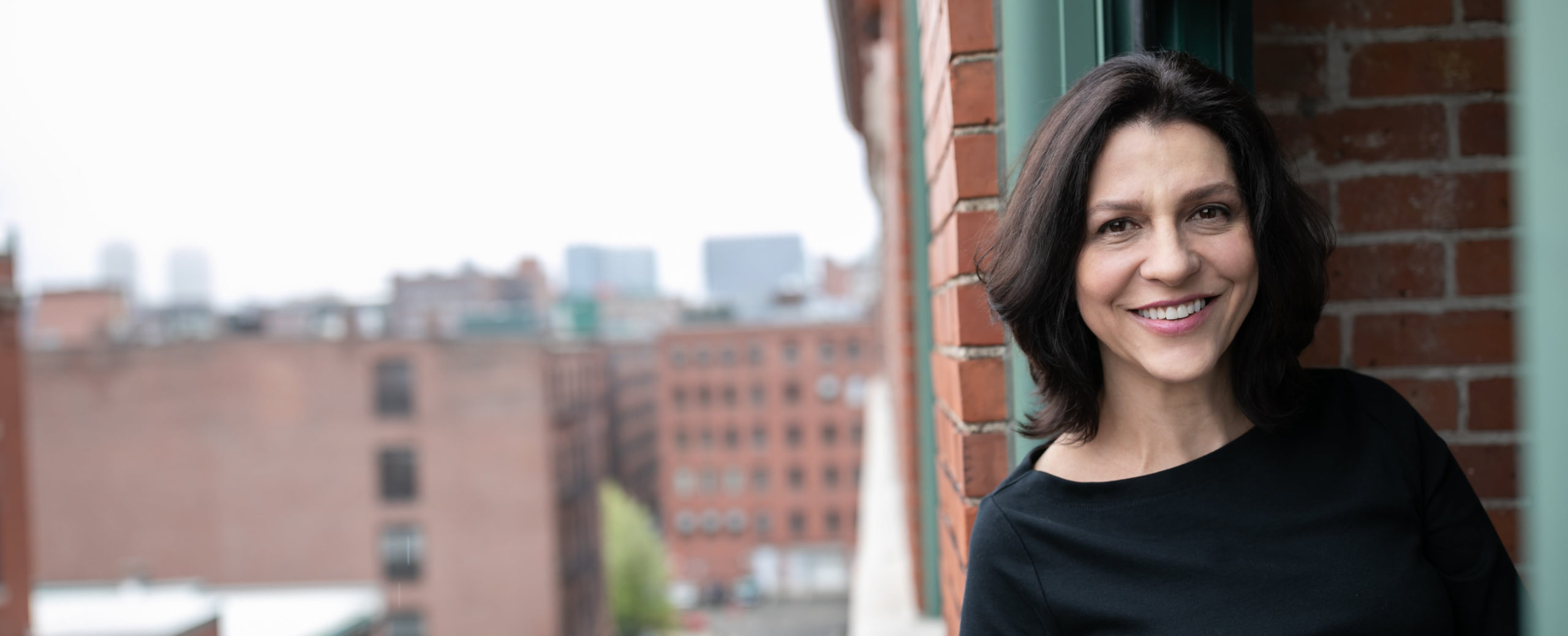You can’t get a Ph.D. in nuclear physics without learning a lot of math. Even so, Kenia Wiedemann did not think of herself as a “math person.” She is now on something of a crusade to debunk the “I am not a math person” myth that holds back so many students.

Wiedemann is a postdoctoral researcher working on the Coding with R for Mathematical Modeling (CodeR4MATH) project. Its aim is to bring computational thinking skills, something usually encountered only in a computer science curriculum, into high school math classes.
Wiedemann’s path to nuclear physics was anything but usual. She was a young mother of two in Brazil when a friend invited her to a lecture at the University of São Paulo—on calculus. On a whim, she accepted. To her surprise, the three-hour lecture by a physicist who talked about the history and development of calculus was fascinating. She was particularly taken by his description of Marie-Sophie Germain, a mathematician who had to pretend to be a man to have her work taken seriously by prominent mathematicians. “The story just stuck with me,” she explains. Pretty quickly she decided she wanted to become a physicist, applied, and was accepted to the university.
After getting her Ph.D. in physics, in 2009, she worked on environmental projects in the Amazon rainforest of Brazil, studying how changes in the biosphere and the atmosphere affect each other. She collected and analyzed data from ground-based towers and from aircraft on gas concentrations and how they changed over time. “The main question is how are things changing in the environment, in the biosphere, and the atmosphere because of climate change, and can we measure that and predict what may happen in the future?”
Physics research requires a lot of calculations. Although she continued to think of herself as “not a math person,” she came to realize through teaching college students that the math person mindset was holding back many students.
There is no such thing as a math person, she insists. It’s just a myth that has bedeviled students like herself forever. “Even for people who work in the hard sciences, it doesn’t mean mathematics is their favorite part of what they do,” she observes. You don’t have to be a math person in order to use it.
She would like students in any field to see coding, mathematics, and computational thinking as just a step that sits between them and the things they want to know. “If you really want to know the answer, you’re willing to go through that step,” she contends. You don’t have to love it, you just have to recognize that it’s useful.